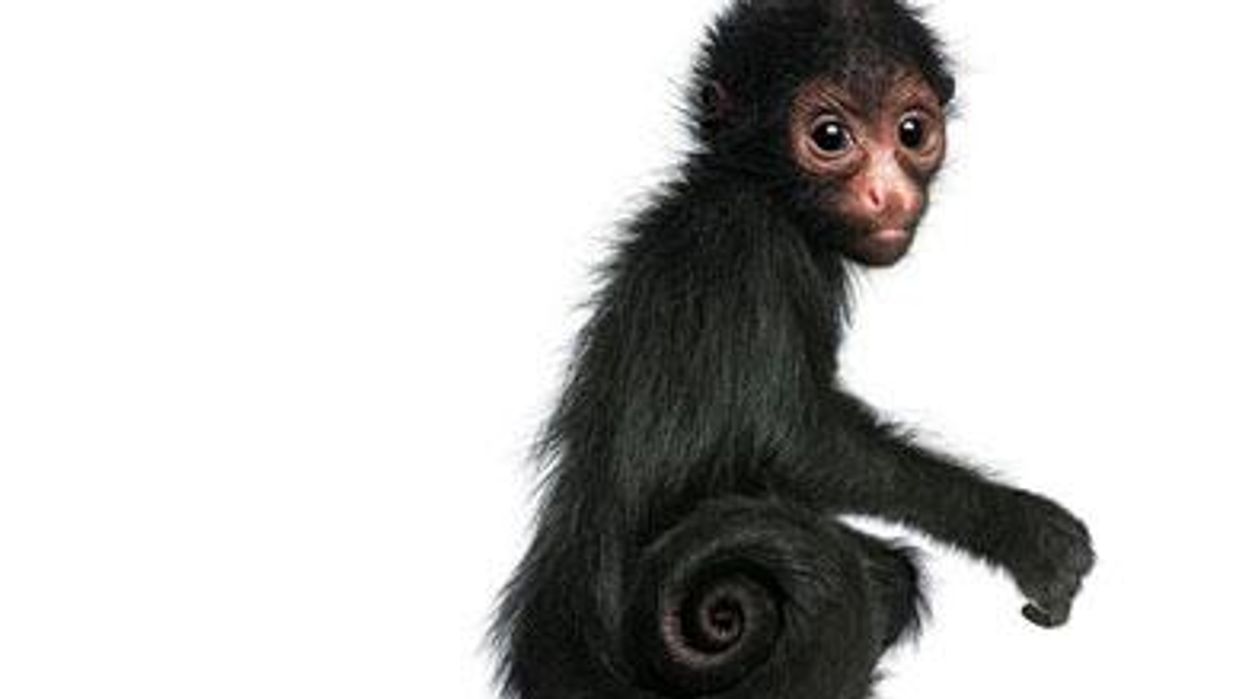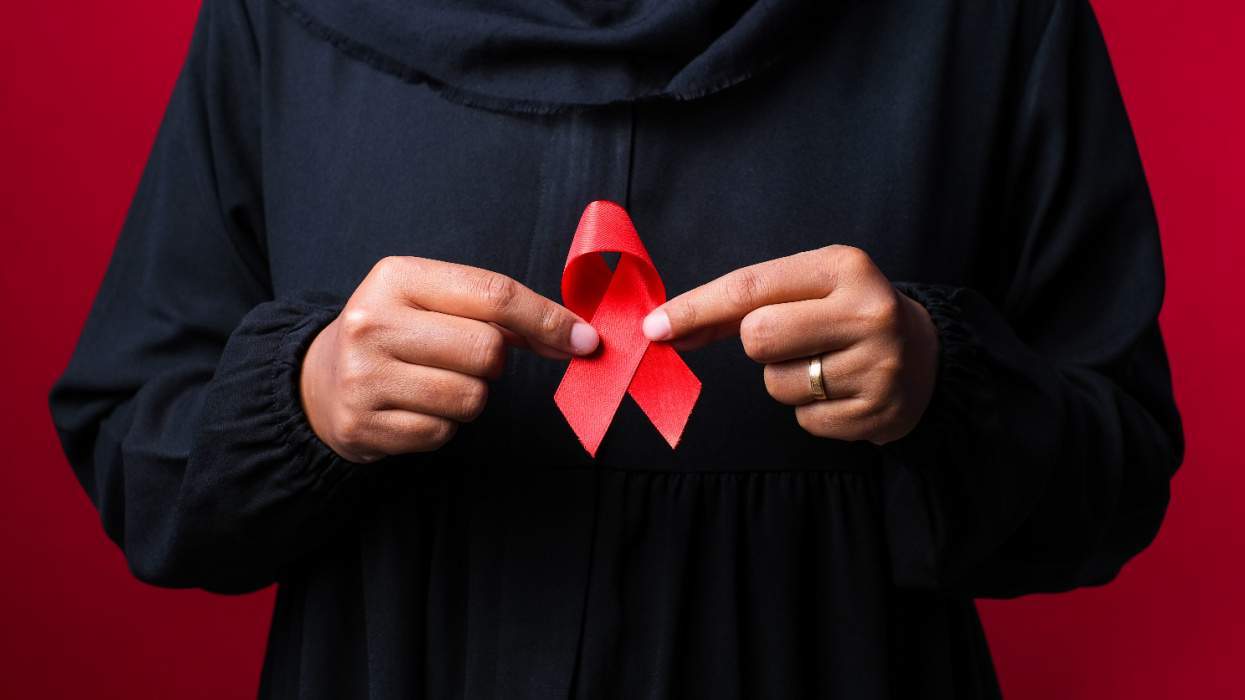A new vaccine to immunize against Simian Immunodeficiency Virus (SIV), a virus that appears in African primates and is similar to HIV, has proven to be effective in about half of its test subjects who were later exposed to the virus, according to a new study published in the journal Nature.
Oregon Health & Science University's Louis Picker, M.D., made the breakthrough after a decade of developing an SIV vaccine as a means to discover an HIV vaccine.
The researchers tested their vaccine in rhesus macaque monkeys at the Oregon National Primate Research Center, according to the university. Of the monkeys who were vaccinated and then exposed to SIV, more than half were found to be uninfected and, after eight years, most of the monkeys' immune systems were able to maintain control of the virus. However, the unvaccinated animals that were exposed to the virus developed simian AIDS.
Researchers have chosen the cytomegalovirus, or CMV, as the delivery system, or vector, for the vaccine. CMV is a benign virus to those without compromised immune systems. Related to the herpes virus, most adults are infected with CMV (between 50% and 80% of the adult population of the United States), and it may remain in the body for life. The vaccine it carries would build and maintain a resistance against HIV by programming certain T-cells to remain on constant patrol for the virus.
Picker said that while the results of the study are groundbreaking, it would take years before scientists are testing for the vaccine in humans.
"Imagine if you're looking at a very high, seemingly unscaleable cliff," he said. "And so far efforts to climb it have not reached the top. What this work basically does is show a path. We still have to climb the cliff, but we now have a path, which we can follow. We have a response that we know that's protective of a highly aggressive virus that is similar to HIV, and we have a vector that generates those responses, so it should translate, but we still have to put on the climbing gear, and climb the path."
Evolution Revolution















